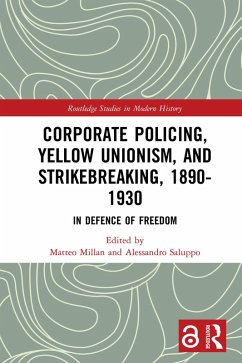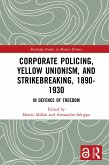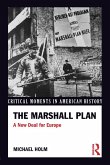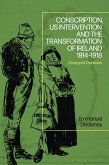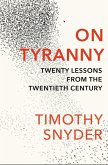It retraces the formation of an extensive market for corporate policing, privately contracted security and yellow unionism, as well as processes of professionalisation in strikebreaking activities, labour espionage and surveillance. It reconstructs the diverse spectrum of right-wing patriotic leagues and vigilante corps which, in support or in competition with law enforcement agencies, sought to counter the dual dangers of industrial militancy and revolutionary situations. Although considerable research has been done on the rise of socialist parties and trade unions the repressive policies of their opponents have been generally left unexamined. This book fills this gap by reconstructing the methods and strategies used by state authorities and employers to counter outbreaks of labour militancy on a global scale. It adopts a long-term chronology that sheds light on the shocks and strains that marked industrial societies during their turbulent transition into mass politics from the bitter social conflicts of the pre-war period, through the epochal tremors of war and revolution, and the violent spasms of the 1920s and 1930s.
Offering a new angle of vision to examine the violent transition to mass politics in industrial societies, this is of great interest to scholars of policing, unionism and striking in the modern era.
The Open Access version of this book, available at http://www.taylorfrancis.com/books/e/9780429354243, has been made available under a Creative Commons Attribution-Non-Commercial-No Derivatives 4.0 license.
Dieser Download kann aus rechtlichen Gründen nur mit Rechnungsadresse in A, B, BG, CY, CZ, D, DK, EW, E, FIN, F, GR, HR, H, IRL, I, LT, L, LR, M, NL, PL, P, R, S, SLO, SK ausgeliefert werden.

